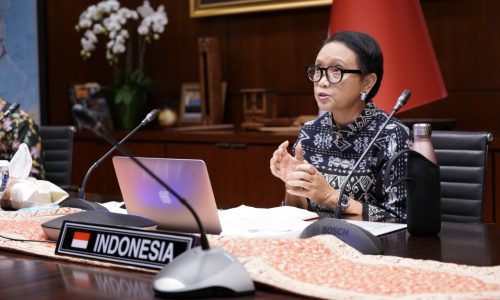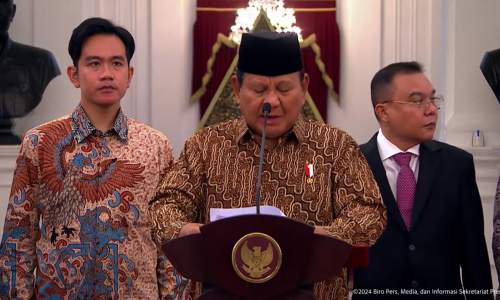President of the Labor Party and chairman of the Confederation of Indonesian Trade Unions (KSPI), Said Iqbal, said that thousands of workers will hold a rally in front of the Palace against the Public Housing Savings (Tapera) program on Thursday, June 6, 2024.
“Thousands of workers grouped under trade unions, such as KSPI, KSPSI, KPBI, as well as the Indonesian Farmers Union (SPI) and the women’s organization PERCAYA will participate in the rally against the Tapera program,” Said Iqbal said on Tuesday.
“We will gather in front of the Jakarta City Hall at 10 am on Thursday before we will move to the Palace,” he added.
According to Said Iqbal, the Tapera policy is detrimental and will burden workers with contributions, while even after 10 to 20 years of saving, it remains uncertain whether they can own a house.
“Tapera funds are prone to corruption that increase the risk of uncertainty and complexity of fund disbursement,” he cited.
Tapera is a government’s policy that would force employees to set aside a percentage of their income for future homeownership under a government agency. Under the program, employer will have to contribute 0.5 percent of the premium and the workers the remaining 2.5 percent.
Besides rejecting the Tapera program, the workers will also raise their objection against the expensive Single Tuition Fees (UKT) for university students, the Standard Inpatient Hospital Room (KRIS) of the mandatory Healthcare and Social Security Agency (BPJS Kesehatan), the controversial Job Creation Law, and the Outsourcing and Cheap Wages (HOSTUM) policy.
Said Iqbal said education, which should be a path to a better life, is now a crushing burden due to expensive UKT scheme. As a result, higher education is becoming increasingly difficult for children of laborer to pursue as costs continue to soar.
Regarding the Standard Inpatient Hospital Room (KRIS), he said, this policy actually reduces the quality of health services and will further worsen services in hospitals that are already overcrowded.
In regards with the Job Creation Law, Said Iqbal accuses the law of undercutting a wide range of workers’ rights, which also leads to low wages, low severance pay, easy layoffs, and flexible working hours.
Meanwhile, the outsourcing system does not provide job security nor reasonable wages for workers, but them in increasingly difficult conditions, he said.









